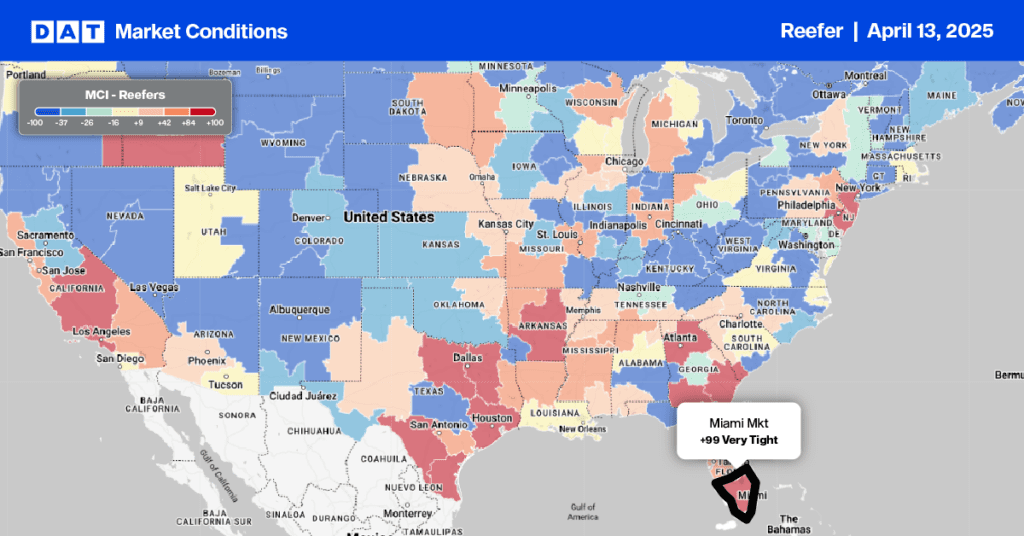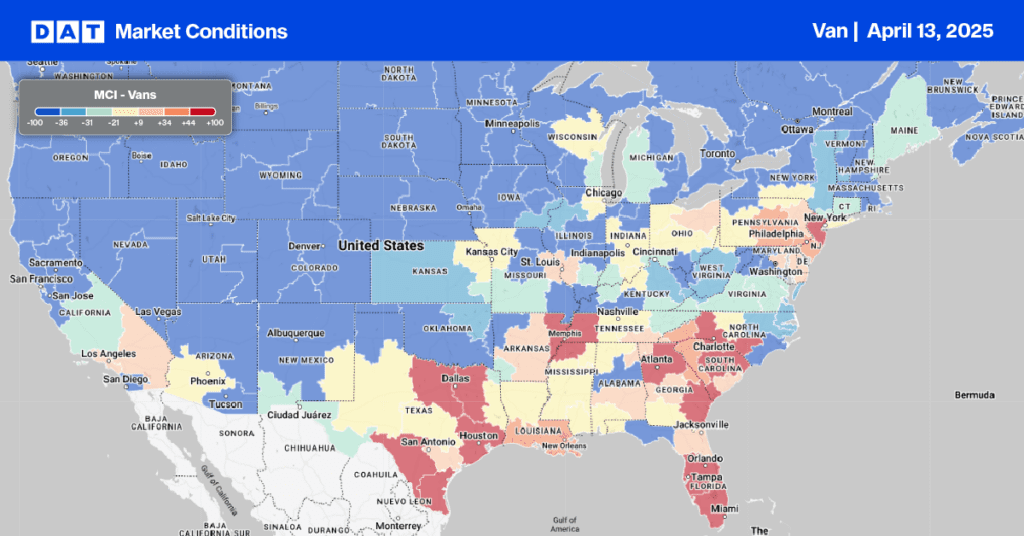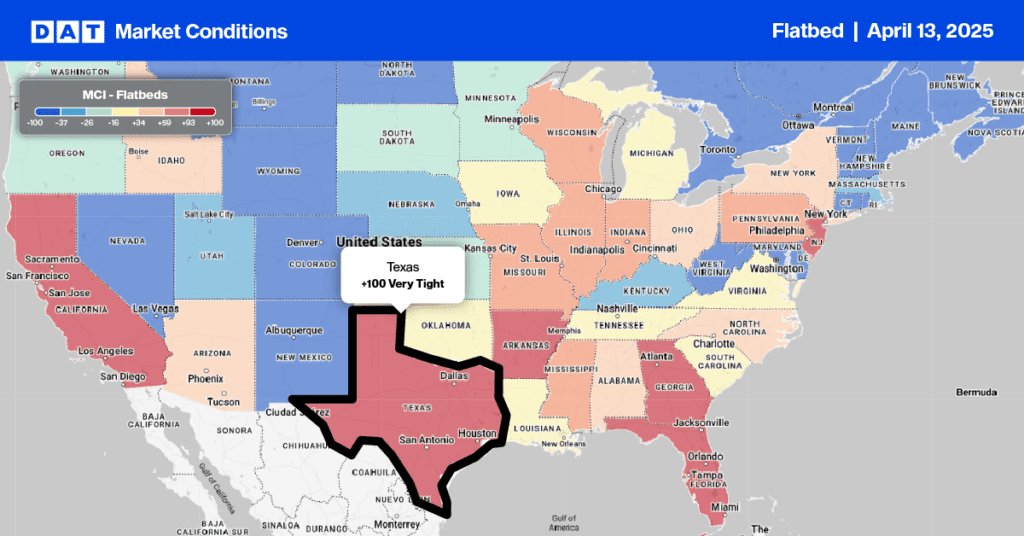In May, the U.S. Drug Enforcement Administration (DEA) proposed reclassifying marijuana as a less dangerous drug. This could have a significant impact on the trucking industry. The Department of Justice (DOJ) suggests moving marijuana from Schedule I to Schedule III of the Controlled Substances Act (CSA). The Department of Health and Human Services (HHS) supports this reclassification, stating that marijuana has accepted medical use but also carries the potential for abuse and physical or psychological dependence.
Schedule III drugs have a moderate to low potential for dependence and include substances such as products containing less than 90 milligrams of codeine per dosage unit, Ketamine, Anabolic steroids, and Testosterone.
How it affects trucking
According to Federal Motor Carrier Safety Regulations, a person cannot operate a Commercial Motor Vehicle (CMV) if they use any Schedule I controlled substance or are under the influence of these substances while on duty. The Department of Transportation (DoT) currently requires drug testing for five classes of drugs, including Marijuana, Cocaine, Opiates, Amphetamines, and Phencyclidine.
It’s uncertain how the potential reclassification of marijuana as a Schedule III drug would impact the DoT’s drug-testing regulations for safety-sensitive jobs such as truck driving, especially considering that marijuana is currently legal in 24 states. Recreational marijuana use is legal in nearly half of the U.S. states, including Alaska, Arizona, California, Colorado, Connecticut, Delaware, Illinois, Maine, Maryland, Massachusetts, Michigan, Minnesota, Missouri, Montana, Nevada, New Jersey, New Mexico, New York, Ohio, Oregon, Rhode Island, Vermont, Virginia, Washington, and Washington, D.C. A study by the American Transportation Research Institute (ATRI) found that 41.4% of truck drivers are in states where recreational marijuana use is legal, according to Bureau of Labor Statistics (BLS) data.
Introducing the Drug and Alcohol Clearinghouse (DAC) and changes in drug testing requirements in 2020 forced carriers to increase random testing to 50% of drivers annually, leading to more drivers being sidelined and extra costs for carriers. Recent data from the DAC found that 58% of positive CMV drug tests over the past four years were for marijuana, followed by cocaine (16%) and methamphetamine (8%).
The DAC report also indicates that 68% of drivers with at least one violation had yet to start the return-to-duty program and were prohibited from driving heavy vehicles. Texas, California, and Florida topped the list for the most violations.
Safety component
A 2022 study discovered that the legalization of recreational marijuana use in five states led to a 5.8% increase in injury crash rates and a 4.1% increase in fatal crash rates, on average. The authors suggest that marijuana impairment causes drivers to slow down and increase following distances, potentially reducing the severity of crashes. Past research indicates that fatal crash rates may be less affected by marijuana legalization than less severe crash rates.
The impact of reclassifying marijuana as a Schedule III drug on truck drivers in safety-sensitive roles is still uncertain. Schedule III drugs still require a prescription and are controlled substances, so any change would likely mean that recreational use of marijuana would still be prohibited in multiple states. If this reclassification is approved, trucking companies must meet a high standard due to their freight task’s high-profile and high-risk nature. Finding and retaining drivers will become more complex as a result.
At a recent House Transportation & Infrastructure Committee hearing, Transportation Secretary Pete Buttigieg testified that Cannabis rescheduling is not expected to affect the government’s authority to require truck drivers to be tested for the drug. The Department of Transportation does not expect the rescheduling to affect federal employees’ requirements, including those with a security clearance or in safety-sensitive positions.


